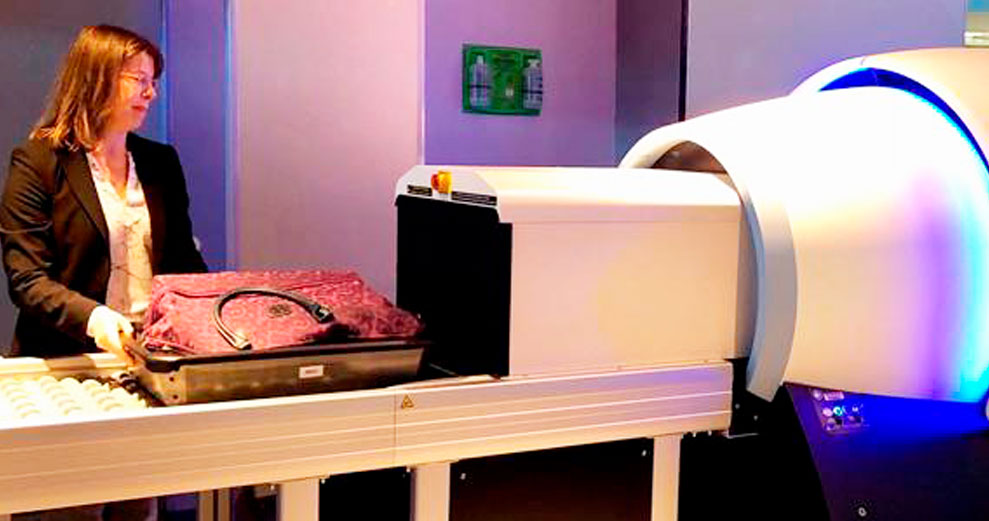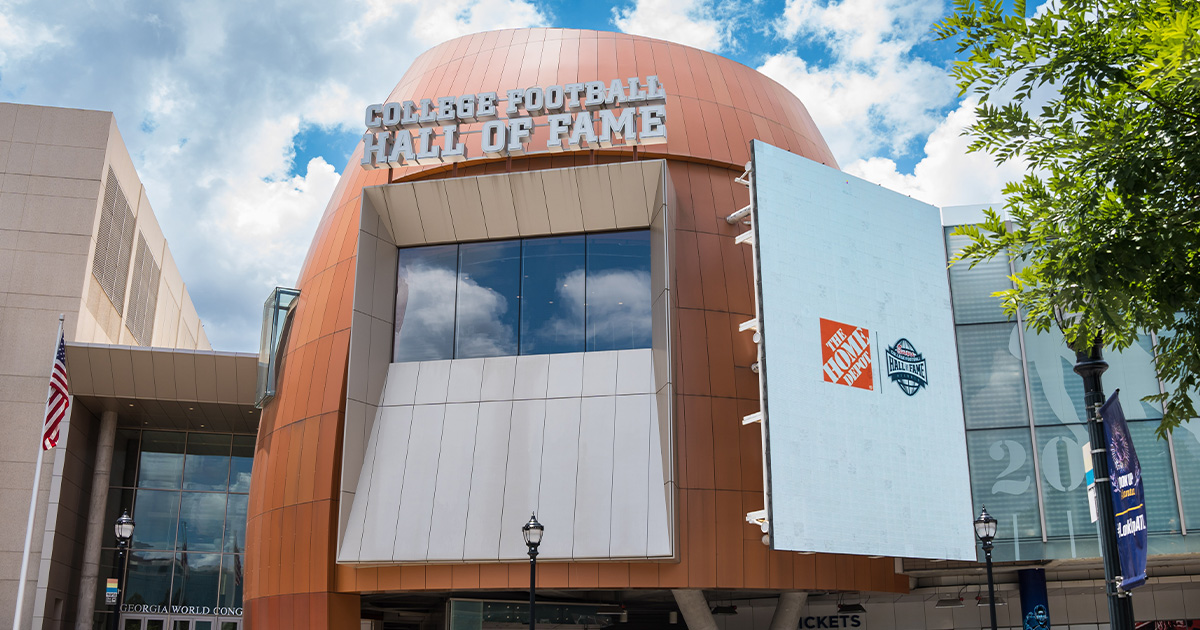The Transportation Security Administration (TSA) has been testing the use of computed tomography (CT) scanners—a state-of-the-art 3D technology—at select United States airport checkpoints. After initial success, travelers can expect to see even more of this technology in the future.
The program was initially announced in July 2018, as the agency continues to raise the baseline for aviation security. The new CT technology is defined as the latest checkpoint X-ray scanning equipment to enhance threat detection capabilities for carry-on baggage at airport checkpoints—similar to the technology used in the medical field.
The system applies sophisticated algorithms for the detection of explosives and creates a 3D image that can be viewed and rotated on three axes for thorough visual image analysis by a TSA officer, offering a clearer picture. If a bag requires further screening, TSA officers will inspect it to ensure it’s safe.
“TSA is committed in getting the best technology to enhance security and improve the screening experience. Use of CT technology substantially improves TSA’s threat detection capability at the checkpoint,” said TSA Administrator David Pekoske. “By leveraging strong partnerships with industry, we are able to deploy new technology quickly and see an immediate improvement in security effectiveness.”
The technology was first tested at Phoenix Sky Harbor International Airport and Boston’s Logan International Airport in 2017.
TSA is currently testing this equipment at Oakland International Airport (OAK); Baltimore Washington International-Thurgood Marshall Airport (BWI), Chicago O’Hare International Airport (ORD), Cincinnati/Northern Kentucky International Airport (CVG), William P. Hobby Airport (HOU), Indianapolis International Airport (IND), John F. Kennedy International Airport (JFK), Boston Logan International Airport (BOS), Los Angeles International Airport (LAX), Las Vegas McCarran International Airport (LAS), Philadelphia International Airport (PHL), Phoenix Sky Harbor International Airport (PHX), San Diego International Airport (SAN), St. Louis Lambert International Airport (STL) and Washington-Dulles International Airport (IAD).
TSA plans to have up to 40 units in place at airports around the nation by the end of the year, along with an additional 16 units at federal testing facilities. TSA also expects to have more than 145 units installed at airports by the end of the 2019 fiscal year.
Written by Sarah Suydam, Staff Writer for Teach & Travel.




